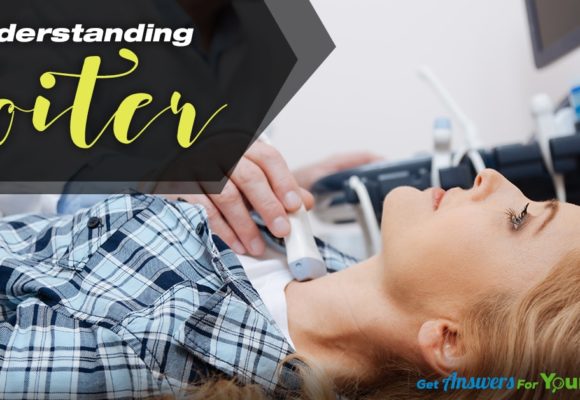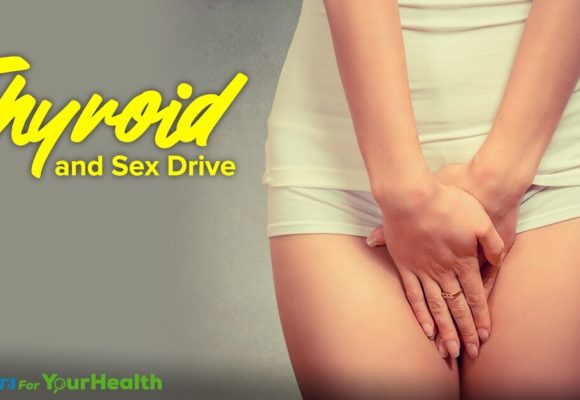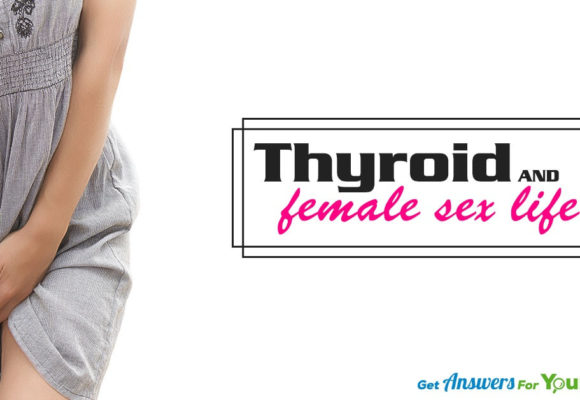1) Grab a FREE copy (Value $14.95) of one of my books Thyroid Symptom Overload
Just pay shipping $7.95 for any US orders. Or, if you want to pay full price plus shipping, order from Amazon :)
2) Take our Thyroid Quiz today and find out what "Thyroid Type" you have
This quiz will help you quickly discover where your symptoms are stemming from.
3) Join Our Thyroid Advocate Membership Site - Natural Thyroid Academy
FREE for a limited time. No credit card required.
4) Work with me and my team privately
Schedule your FREE 15 minute phone consultation and we can find out the best way to help you specifically.
Research suggests that if you have diabetes, then you are more likely to suffer from thyroid disease. And vice versa. This means that if you have been diagnosed with either of the diseases, you need to become more concerned and aware of the consequences.
You may be wondering right now about how are thyroid diseases and diabetes even connected? One is about the thyroid gland while the other deals with conversion of sugars in your. This answer is relatively simple; Both diseases take place when there is an imbalance of hormones in your body. In other words, if the endocrine system is not functioning adequately, you can have a higher chance to be diagnosed with diabetes and/or thyroid issues. Still not clear? Read on to find out more.
Diabetes
Studies show that 347 million people in the world suffer from diabetes. Experts believe that the rates will double by 2030 if measures are not taken to control the problem. Research clearly indicates that people who already have diabetes are at a higher risk of getting thyroid conditions. What’s worse is the fact that hypothyroidism is the main cause of heart failure too and this may be the reason why 50% of people with diabetes die of heart conditions.
Whether it is diabetes type I or type II, they can both give rise to thyroid problems. This is the reason why it becomes essential that if you have diabetes, are at risk of it, or if someone in your family has it, you need to have your doctor performa thyroid screening.
The American Diabetes Association strongly suggests that people with type I diabetes be tested for hypothyroidism, and continue every 1-2 years. The association also advises that patients be on the lookout for thyroid symptoms because they can manifest at any given stage.
One more similarity between diabetes and thyroid disease is that they can both be autoimmune diseases. Research depicts that people with one form of autoimmune condition, are likely to develop another soon after. In this case, 30% of women with diabetes will develop hypothyroidism at some point in time.
Hypothyroidism: Signs and Symptoms
Hypothyroidism is one type of thyroid condition where the thyroid gland is unable to produce sufficient quantities of thyroid hormone. This means that many functions in the body like rate of metabolism etc. will not work up to their optimum condition. This usually means weight gain and fluid retention even if you go to the gym multiple times a week. Keep in mind that this is only one of the problems that result, others include osteoporosis, heart disease, and infertility.
Did you know that only 7% of the normal population develops thyroid diseases, yet people with diabetes are far more at risk? This may be a shocker for you, but it is true. Also remember that women are more at risk of hypothyroidism as compared to men, just like in the case of diabetes. Some clear signs and symptoms of hypothyroidism are:
- Fatigue that refuses to leave even after complete rest
- Constipation
- Weight gain
- Increased sensitivity to cold
- Dry skin and dull hair
- Muscular weakness and joint stiffness and pain
- Hair loss
- Puffy face
- Irregular and/or heavy bleeding during menstrual cycle
- Elevated cholesterol
- Hoarseness
- Slowed heart rate
- Depression, anxiety and foggy brain
- Goiter, if left untreated for too long which is an enlarged thyroid gland
The thing you need to understand if you are diabetic and you use medication, the meds won’t metabolize in a normal manner when you have hypothyroidism. Your blood glucose levels will remain low.
Hyperthyroidism
Hyperthyroidism can also occur with diabetes. It is a condition where the thyroid gland is producing excessive amounts of thyroid hormone. If hyperthyroidism and diabetes occur together, what happens is that the medicines are digested quickly due to an abnormally fast working metabolism. This means that your blood glucose will rise and fall very quickly. Some signs and symptoms of hyperthyroidism are:
- Quick pulse
- Fast heart rate
- Diarrhea
- Weight loss due to no apparent cause
- Foggy brain
- Shortness of breath
- Tremors or muscular weakness
- Irregular menstrual cycle
- Sweating
Diagnosis and Treatment
If you have any of the above symptoms you need to speak with your doctor for a full evaluation. As mentioned before, thyroid conditions do not directly have an effect on a diabetic condition, but what they can do is mess with your diabetes medication. What’s more, they can also lead to further fatal diseases like chronic heart condition, stroke, and other autoimmune diseases.
Both diabetes and thyroid problems can be managed. Like anything else, the sooner you are aware of the symptoms, the faster you can start taking the necessary precautions to get better. Keep an eye on your symptoms and get regular screenings done every year. Remain positive and calm.
References
- https://www.diabetesselfmanagement.com/about-diabetes/general-diabetes-information/thyroid-disorders-and-diabetes/
- https://www.thediabetescouncil.com/the-relationship-between-diabetes-and-thyroid-disorder/
- http://hypothyroidmom.com/is-your-thyroid-killing-you-diabetes/
- http://spectrum.diabetesjournals.org/content/15/3/143
- https://www.ncbi.nlm.nih.gov/pmc/articles/PMC3647563/








